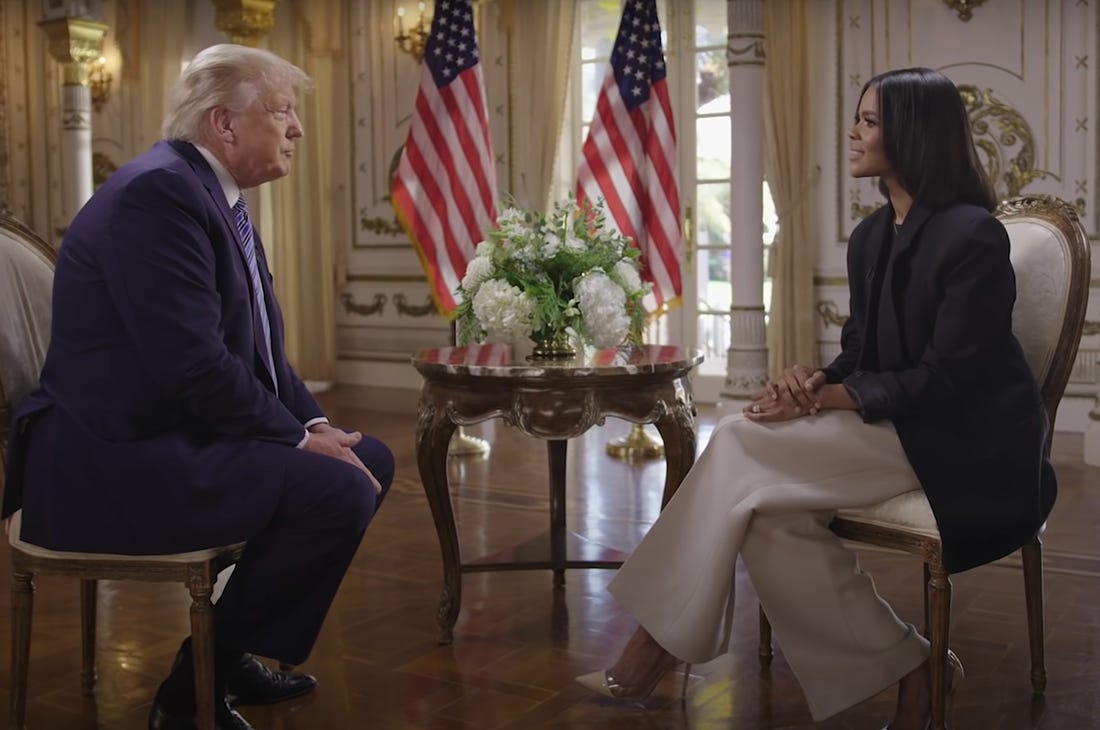
For months, Trump indicated that he was strongly considering pardoning NSA whistleblower Edward Snowden, and considering a pardon for Assange as well. Yet he never did. Why?
When Donald Trump vacated the White House on January 20, 2021, it became clear that he had refused to issue two pardons which many of his most ardent supporters were advocating and even expecting: one for the NSA whistleblower Edward Snowden, who has spent eight years in exile in Russia for revealing to American citizens that the Obama-era NSA was secretly and unconstitutionally spying en masse on their communications and other online activities, and Julian Assange, the WikiLeaks founder whose reporting in 2010 on grave crimes by the U.S. and its allies and in 2016 on the Clinton campaign were among the most consequential journalism stories of the last two decades.
Trump’s failure to pardon either of them fostered disappointment and anger in many circles — “Trump left the White House about as weak, cucked, and submissive as it’s possible for a grown adult to scamper away,” I tweeted on that day, with an obviously considerable mix of each sentiment. That reaction was due to the fact that Trump himself had raised the possibility that he might pardon Snowden — infuriating everyone from Susan Rice to Liz Cheney — and was also actively considering a pardon for Assange. Given that it is virtually impossible to imagine any other U.S. president even remotely considering such a move, Trump seemed to be not just the best but the last chance for either of these two courageous dissidents to finally earn their freedom and be able to go home. That many of Trump’s most trusted Congressional allies [such as Sen. Rand Paul (R-KY) and Matt Gaetz (R-FL)] were strongly advocating for a pardon of one or both), and because Trump himself harbored so many valid personal reasons for wanting to confront these security state agencies — he had, as much as anyone, seen first-hand how pernicious and sinister these agencies can be, and what grave menaces they pose for American democracy — it was difficult for many people to understand why he did not pardon one or both of them.
…
